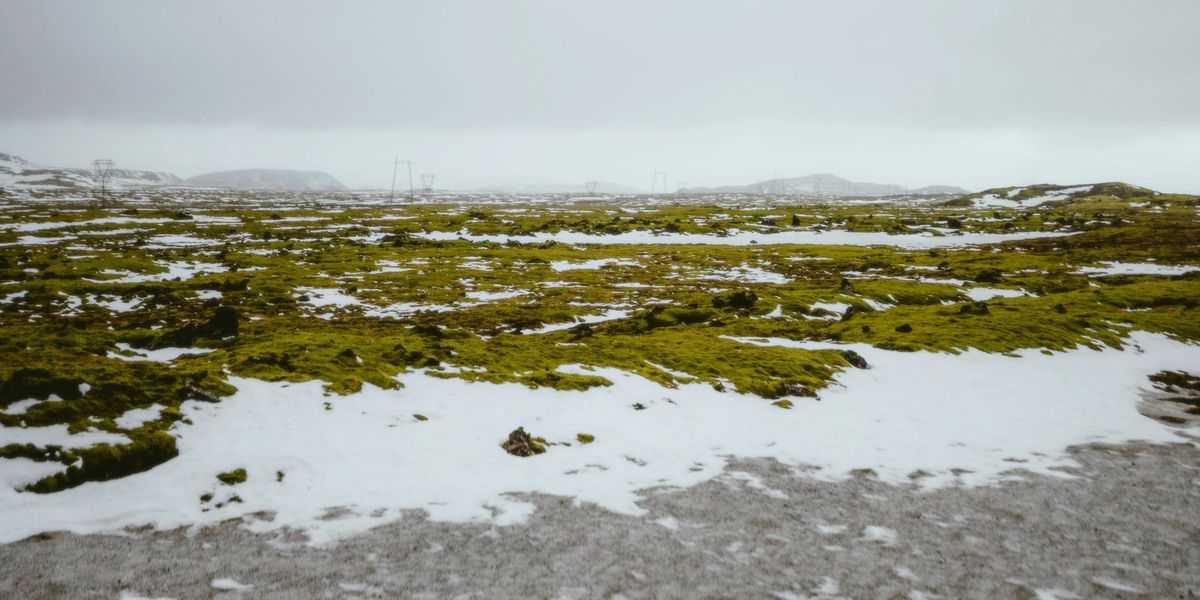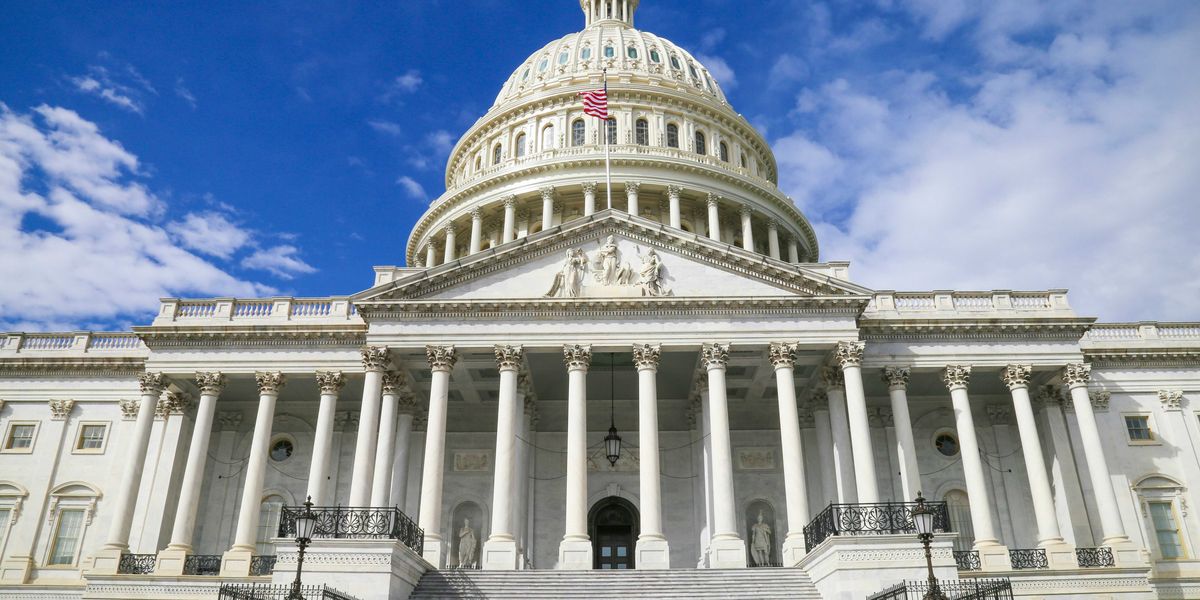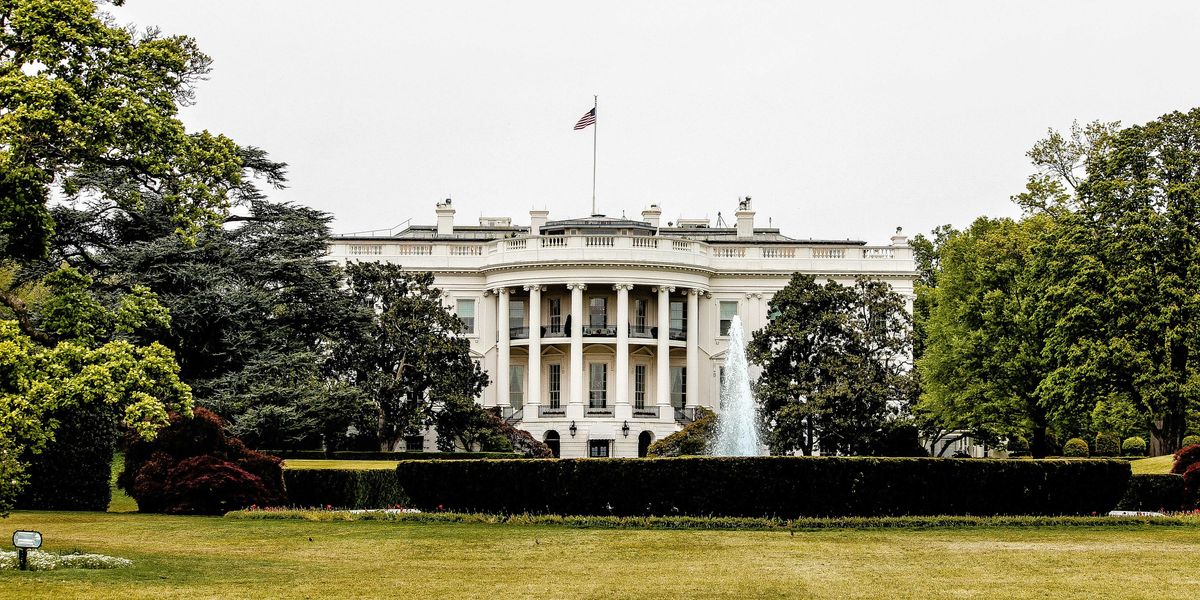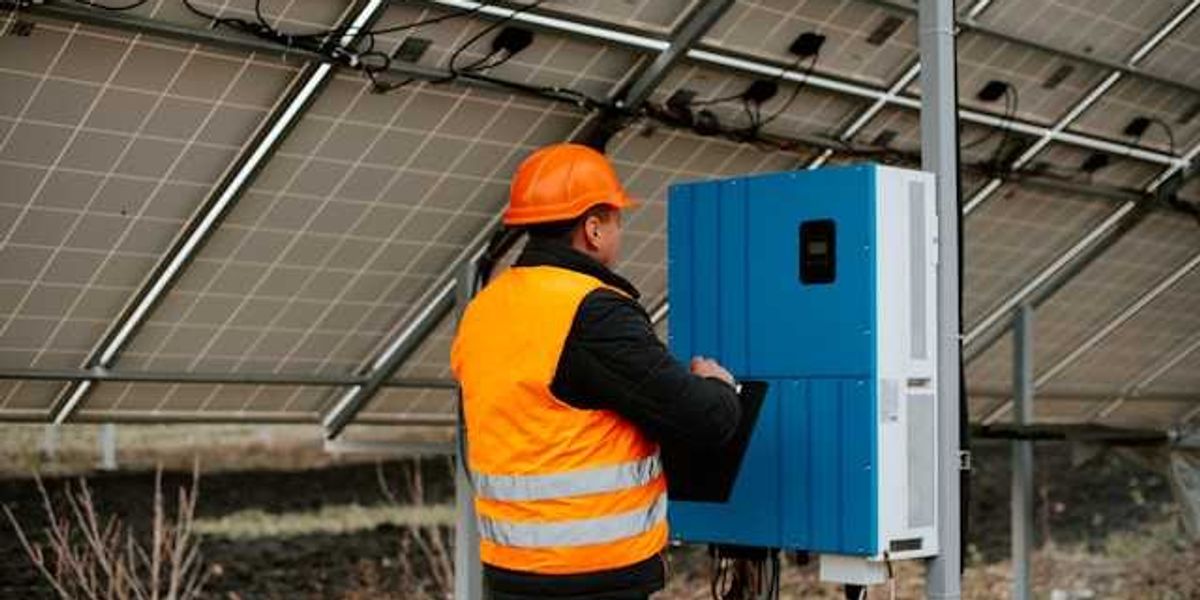States press Big Oil to pay for climate damage as legal battles mount
As climate disasters drain public funds, lawmakers in 11 states are pushing to make fossil fuel companies pay for their share of the damage, despite fierce opposition from industry and federal officials.
In short:
- Vermont and New York have enacted laws requiring oil companies to cover climate-related costs based on their historic emissions, while Maryland passed a bill to study the feasibility of such a program.
- The Biden-era momentum behind these laws is facing strong resistance under the Trump administration, with lawsuits filed by the Department of Justice and fossil fuel interests claiming state laws overstep federal authority.
- Climate attribution science now allows researchers to quantify how much individual companies have contributed to extreme weather, giving states a new legal tool to assign financial responsibility.
Key quote:
“We realized that these big fossil fuel companies were, frankly, not paying their fair share for the climate crisis that they’ve caused.”
— Adrian Boafo, state delegate, Maryland
Why this matters:
As wildfires, floods, and storms intensify with climate change, state and local governments are footing growing bills for damage and recovery. That means taxpayers, not polluters, are absorbing the costs. The idea behind climate Superfund laws is straightforward: hold fossil fuel companies financially accountable for their historical emissions, just as the original Superfund law targeted chemical polluters. What’s changed is the science. Climate attribution modeling has matured enough to link corporate emissions to specific weather disasters. That gives state lawmakers and advocates a firmer legal foundation — and more political cover — to act.
Yet with billions on the line, these efforts face a well-organized and well-funded backlash. Fossil fuel companies and Republican-led states argue that such laws interfere with federal authority and interstate commerce, positions now backed by the Trump administration. But environmental law experts say states have long held the right to address local harms. The outcome of this legal showdown could shape how — or whether — polluting industries are made to share in the staggering costs of climate change.
Related: Oil industry allies push back against climate lawsuits













